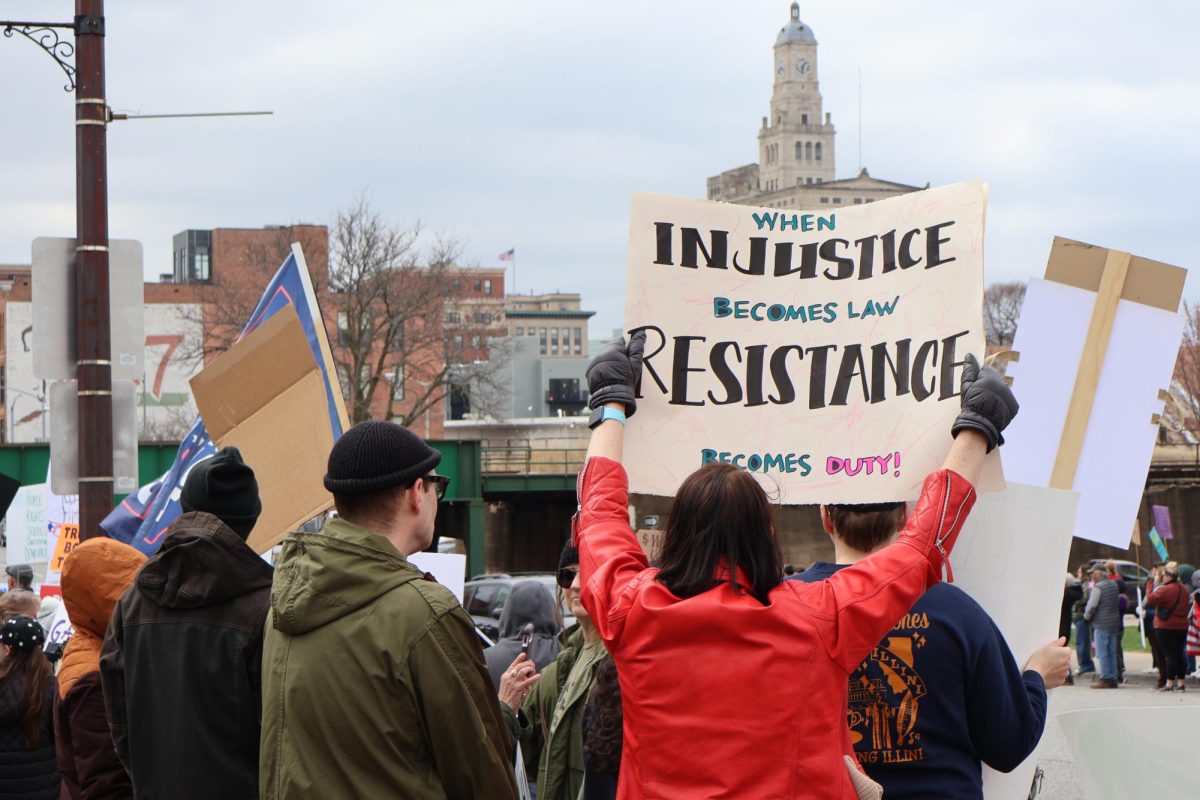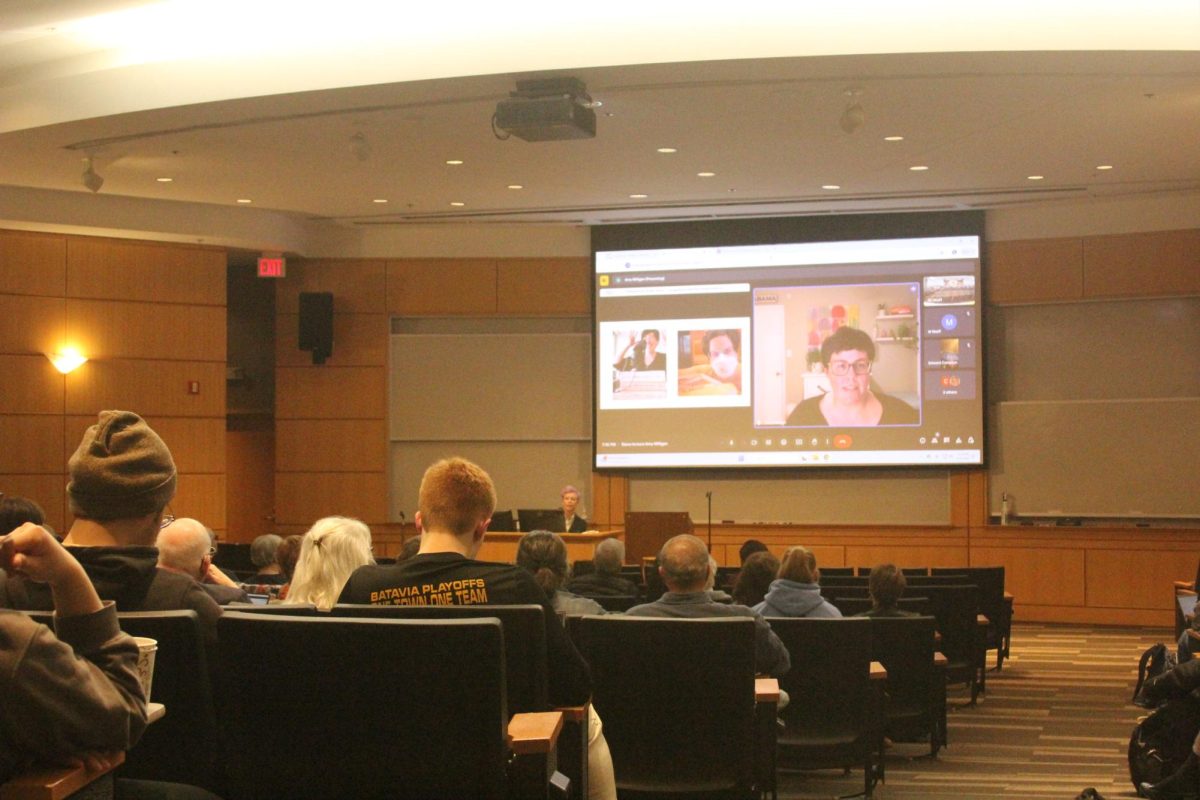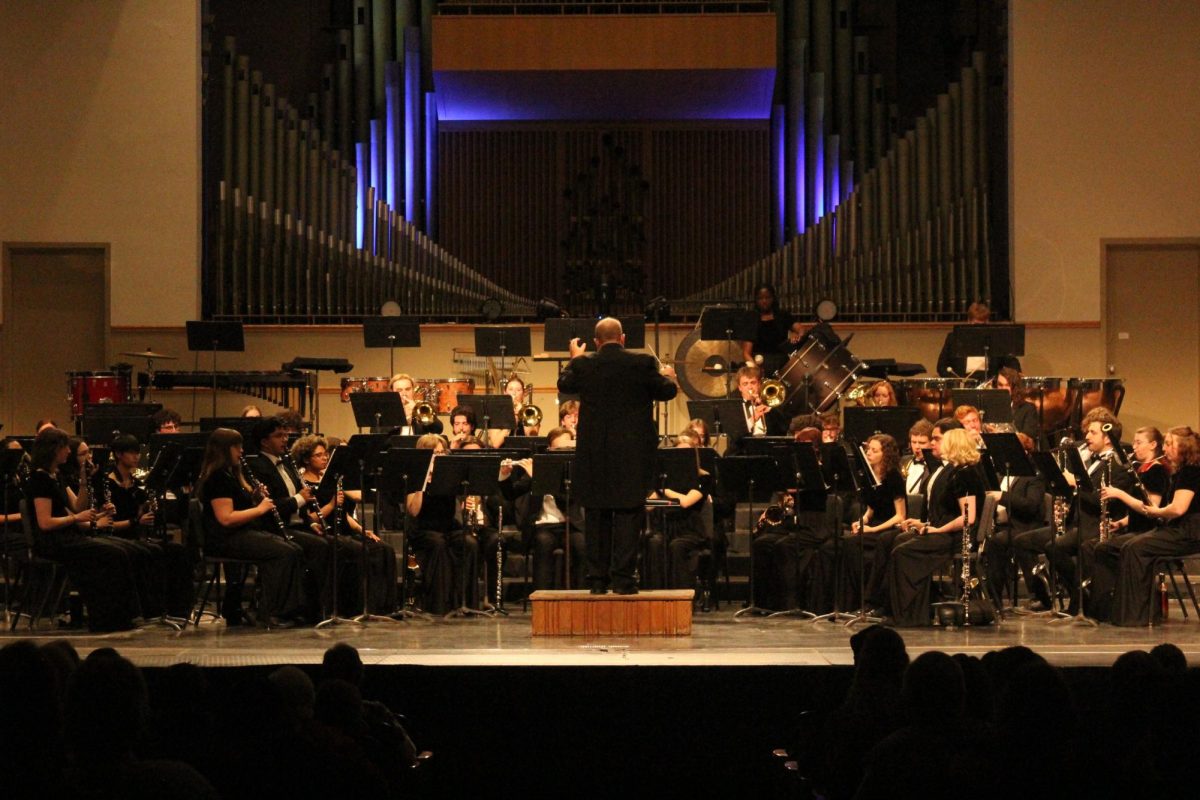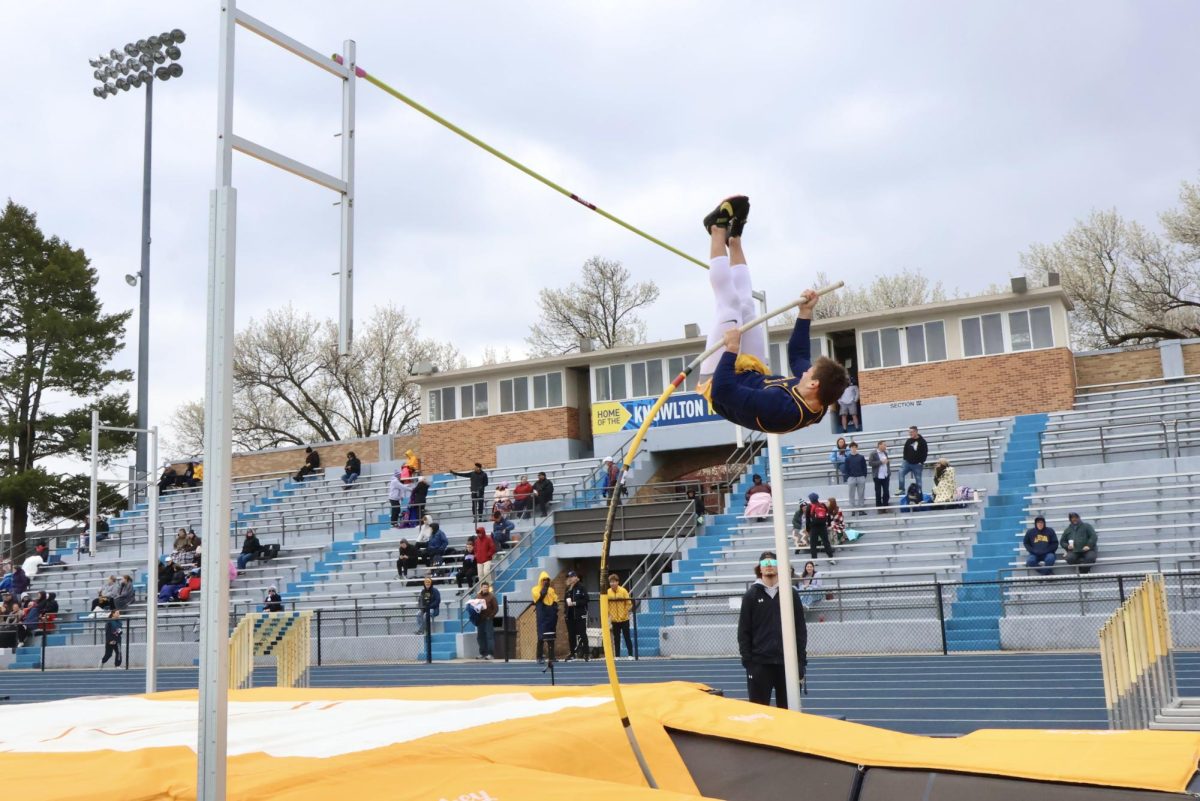Augustana’s communication and science disorders (CSD), voice/music, theatre, and women & gender studies departments are teaming up for a common goal: helping transgender students and community members be confident in their voice and have it match their gender identity.
“It’s their second face, their voice” Fiona Briggs, instructor and clinical supervisor of Communication Sciences and Disorders, said.
Sangeetha Rayapati, Professor of Music, explained that the singing/voice teaching world and CSD world overlap in many ways: “one of those overlaps is the populations we serve,” including the transgender population.
The focus is on feminization, masculinization, or developing a gender neutral voice depending on how the individual is transitioning. Rayapati said, “My job is to help them sing in a representative way so they don’t have gender dysphoria because of their singing voice.”
Similarly, Briggs works on the speaking voice. The third piece to the program is body language, taught by Jennifer Popple, a specialist in theatre and in gender studies.
It was important for Rayapati to create this program as an option for Augustana students since college-age “is the common age range for [transitioning] so the services for voice habilitation is probably the most pressing need.”
Ezekiel Jakubowski, a transgender first-year at Augustana, said his voice sounds different to him than others.
“When I speak, the sound I hear is a little lower than the actual pitch of my voice and when I asked friends if my voice sounds masculine or feminine, they actually think it sounds androgynous.”
Jakubowski currently attends singing lessons where his professor helps him to adjust his pitch to a level he feels more comfortable with.
“They might pass as their identifying gender physically, but when they go to speak – if they’ve gone through puberty, especially if they’re trans female – doesn’t line up with their true gender” Briggs said.
“Your voice is part of your identity. It’s who you are. So whether you’re singing or speaking, they have to line up for people to feel whole,” Rayapati said.
The idea started nearly one year ago, and the transgender voice program is now looking for clients. There are no similar programs within the Quad Cities, and the closest locations with similar services are available in Iowa City or Peoria.
Jakubowski said the program “sounds like a great idea, using the knowledge of those educated in speech pathology to help someone achieve a voice they are happier with. Many transgender people seem to adjust their voices automatically, or teach themselves to sound the way they want.”
One of the reasons Rayapati wants more people to know about this program is for safety. She says a lot of damage can be done if one tries speaking or singing outside of their “authentic voice range.” If done repeatedly or incorrectly, one could “cause damage to their vocal nodules and will eventually limit their possibilities of singing in the future.”
Some of the steps involved in the programs will include looking at the pitch, resonance, articulation, intonation, language and repertoire (if singing).
The speaking voice session includes eight hour-long sessions to gradually change the pitch of one’s voice.
“As much as we often say that gender is a social construct, some people still treasure it and want to fit into that aspect of society. I’m kind of that way. I dislike the social rules of gender, but there is something about masculinity that makes me simply euphoric and lets me know that I want to fit into that category” Jakubowski said.
Rayapati wants to make a difference for students like Jakubowski and more.
“As teachers here and people who care for students in roles as mentors/advisors/teachers, we want to make sure everybody at Augustana feels welcome and has the tools they need to succeed,” Rayapati said. “And for everybody going through transition or who has gone through transition and needs to put the rest of their identity together, working on their voice allows them to feel whole and have the proper tools at their disposal. I feel good working on something that when they’re gone from Augustana, they’ll have a tool to maneuver through the world.”
Briggs added that student clinicians are gaining a new opportunity and tool to help other transgender people in the future by getting experience with an “up and coming part of voice pathology.”
To start a session, you can contact:
Speaking Voice:
Fionabriggs@augustana.edu 309-794-7350
Singing Voice:
sangeetharayapati@augustana.edu 309-794-7238
Body Language:
jenniferpopple@augustana.edu 309-794-7171
Categories:
Finding Your Voice: Augustana’s Transgender Voice Program
March 28, 2019
0
More to Discover







































































































